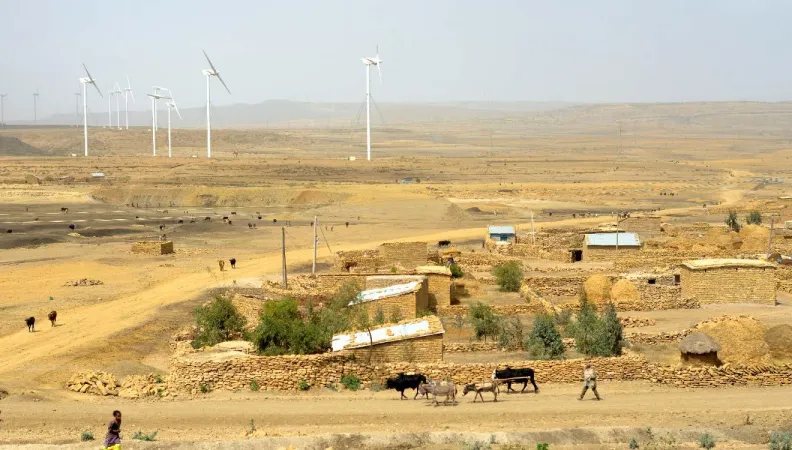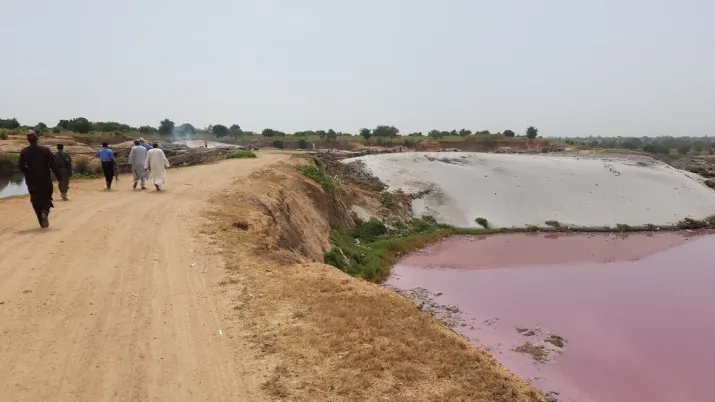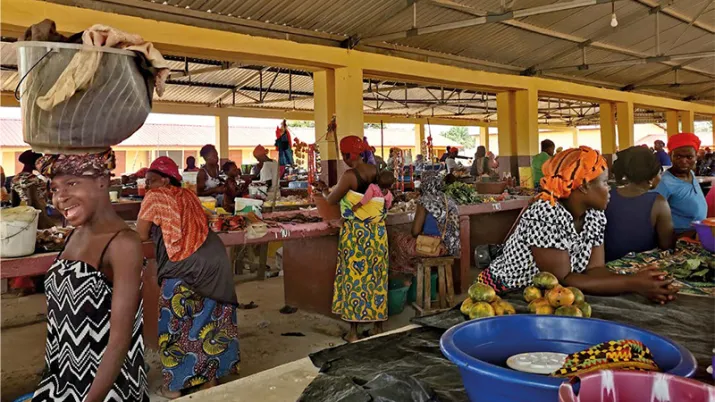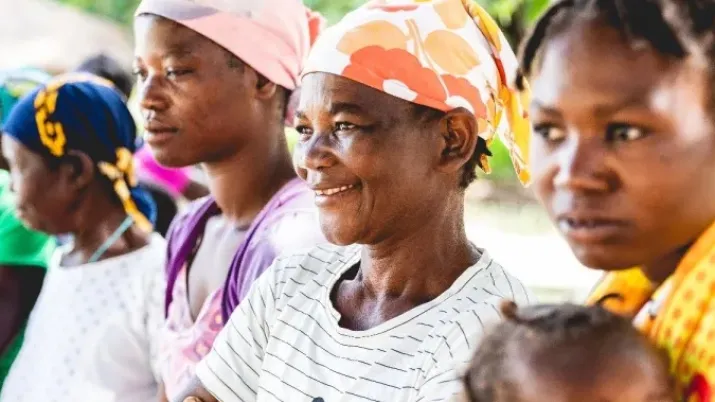Share the page
2050 Facility: supporting low-carbon and resilient development

The 2050 Facility offers technical assistance and capacity-building support to countries among the highest greenhouse gas emitters or the most vulnerable to climate change. Its purpose is to assist their transition towards low-carbon, resilient development pathways that preserve the environment.
Objectives
• Assist countries with the preparation and implementation of long-term low-carbon and resilient development strategies
• Provide them with tools for investment planning and the mobilization of climate finance
• Strengthen stakeholders’ capacity to build transition trajectories based on the country’s socio-economic objectives
Am I eligible?
You wish to prepare and implement a long-term low-carbon and resilient development strategy in one of our 30 partner countries.
You represent:
- A State
- A Ministry of Environment and Sustainable Development
- A Ministry of Climate Change
- A Ministry of Economy and Finance
- A sectoral ministry
- A Central Bank
- A local authority
- A public operator
- A research institute
To find out about our solutions tailored to your needs
Strengths
• A total of €40 million in grants available through 2027,
• Financing for studies and capacity-building programs,
• A dynamic network of partners (including the 2050 Pathways Platform, Deep Decarbonization
Pathways and the NDC partnership).
40 M€ in grants
In line with the commitments made by France at the One Planet Summit in December 2017, AFD has created the 2050 Facility, with a budget of €30 million + €10 million, to promote low-carbon and resilient development, aligned with the Paris Agreement.
Type: Grant
Amount: Between €100,000 and €1 million
Types of support:
- Preparation of long-term strategies within the framework of the Paris Agreement.
- Modeling of sectoral (energy, agriculture, forestry, etc.) and cross-sectoral trajectories.
- Socio-economic assessment of low-carbon transition scenarios and the effects of climate change.
- Analysis of the vulnerability of the State, transition risks, biodiversity loss.
- Sectoral studies on the social effects and opportunities for transition throughout the value chain.
- Support for the planning and preparation of sectoral roadmaps, in connection with countries’ climate action and biodiversity protection plans.
- Support for governance mechanisms fostering accountability and transparency in monitoring national commitments.




